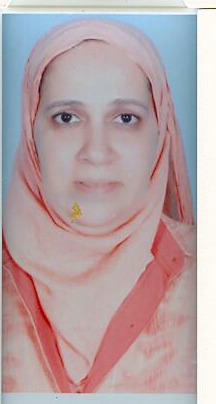Hepatocellular carcinoma (HCC) is one of the most
common malignancies worldwide. In laboratory animal
models, diethylnitrosamine (DENA) is a well-known agent
that has a potent hepatocarcinogenic effect that is used to
induce HCC. As curcumin has a potent anti-inflammatory
effect with strong therapeutic potential against a variety of
cancers, our present study aims to investigate its curative
effects and the possible mechanisms of action against
DENA-induced HCC in male rats. Investigation of biochemical and molecular parameters of HCC animal model liver
showed an overexpression of TGF-β and Akt proteins accompanied with a significant reduction of the proapoptotic marker
caspase-3. DENA-induced hepatic cellular injury resulted also
in a significant increase in liver function marker enzymes
aspartate aminotransferase (AST), alanine aminotransferase
(ALT), and lipid peroxides in this group. Curcumin treatment
partially reversed DENA-induced damage as it reduced the
overexpression of the angiogenic and anti-apoptotic factors
TGF-β and Akt and improved caspase-3 expression. Also, it
could partially normalize the serum values of liver marker
enzymes and lipid peroxidation and improve liver architecture. Curcumin shows a unique chemotherapeutic effect in
reversing DENA-induced HCC in rat model. This effect is
possibly mediated through its proapoptotic, antioxidant, antiangiogenic, as well as antimitotic effects. It interferes and
modulates cell signaling pathways and hence turns death
signals and apoptosis on within tumor cells.

